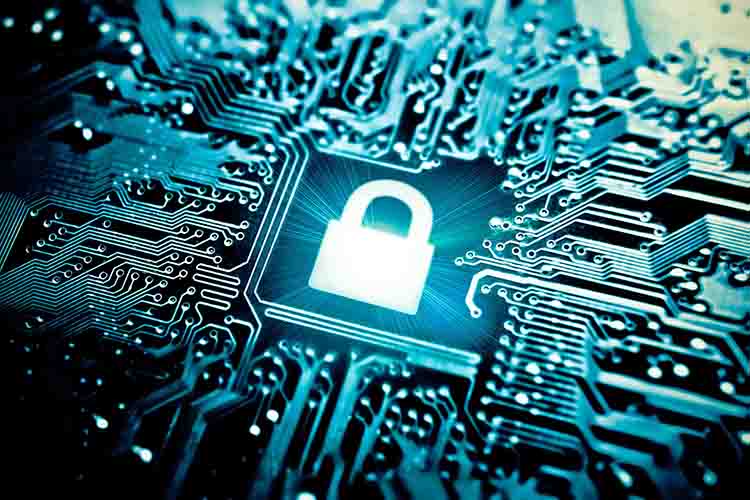1. Use Strong, Unique Passwords:
- Create complex passwords for your online accounts, and avoid using the same password for multiple sites. Consider using a password manager to securely store and manage your passwords.
2. Enable Two-Factor Authentication (2FA):
- Whenever possible, enable 2FA for your accounts. This adds an extra layer of security by requiring you to provide a second authentication method, such as a code sent to your mobile device.
3. Regularly Update Software and Apps:
- Keep your operating system, applications, and antivirus software up to date to patch security vulnerabilities.
4. Be Cautious with Personal Information:
- Avoid sharing sensitive information, such as your Social Security number, address, or financial details, on public forums or unsecured websites.
5. Use Secure, Encrypted Connections:
- Look for the "https://" prefix in website URLs, which indicates a secure connection. Use a virtual private network (VPN) when browsing on public Wi-Fi networks to encrypt your data.
6. Protect Your Email:
- Email accounts are often targeted. Use strong passwords and consider encrypting sensitive email communications.
7. Be Wary of Phishing Scams:
- Be skeptical of unsolicited emails or messages, and don't click on suspicious links. Verify the legitimacy of requests for personal information.
8. Review Privacy Settings:
- Regularly review and adjust the privacy settings on your social media accounts and other online services to control what information is shared and with whom.
9. Limit Personal Data Exposure:
- Minimize the information you share on social media, as it can be used by cybercriminals for social engineering attacks.
10. Understand Cookies and Tracking: - Learn how websites use cookies and tracking technologies. Configure your browser to block or limit cookies and tracking, if desired.
11. Avoid Public Wi-Fi for Sensitive Tasks: - Avoid accessing sensitive accounts or conducting online banking on public Wi-Fi networks, as they may be less secure.
12. Use Encrypted Messaging Apps: - Consider using encrypted messaging apps for private conversations and sharing sensitive information.
13. Regularly Monitor Your Accounts: - Keep an eye on your financial and online accounts for any suspicious activity. Promptly report any unauthorized transactions or access.
14. Educate Yourself: - Stay informed about the latest online threats and best practices for online privacy. Knowledge is a key defense.
15. Protect Your Devices: - Use strong PINs or passcodes to lock your devices. Enable remote tracking and wiping features to secure your data in case of theft.
16. Secure Your Home Network: - Secure your Wi-Fi network with a strong password and encryption. Regularly update your router's firmware.
17. Encourage Safe Online Behavior: - Educate family members, especially children, about the importance of online privacy and security.
18. Regularly Back Up Data: - Regularly back up your important data to an external device or a secure cloud service.
Online privacy is an ongoing commitment. By following these steps and staying vigilant, you can better protect your personal information and reduce the risk of falling victim to cyber threats.




Comments (0)